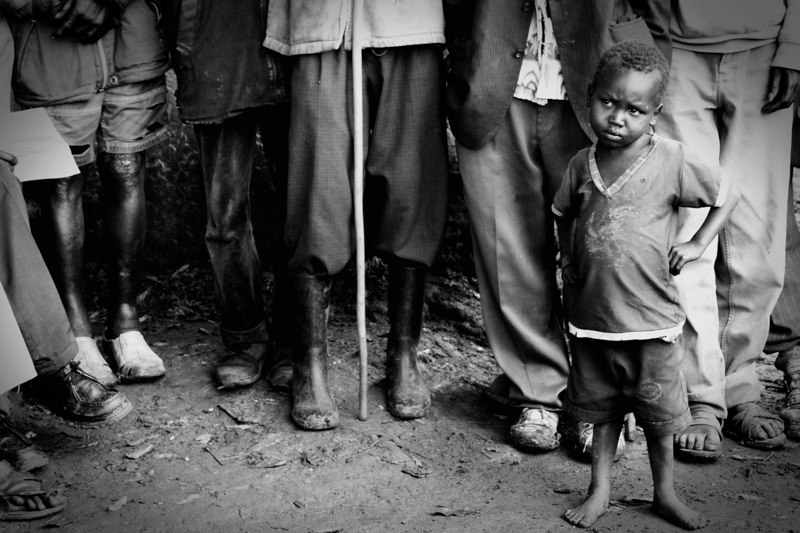We were in the air for 6 hours before I couldn't remember if we'd actually spent the week in Kenya. Surely we hadn't just held sick babies and hiked through various villages looking at water wells. The warm water in the faucet was what triggered it, as we hadn't washed our hands with warm water since leaving the states. Was it really only a week? Natalie and I couldn't recall. The memories will haunt us for a lifetime.
If you haven't yet, please read some of my previous posts from our time in Kenya with Until Then. We came to specifically work on the water project, but it's impossible to come here and focus on just one aspect of poverty. Our week was really spent between children's homes, villages, meetings, hospitals, slums, water collections, community development projects, eating, sleeping and exhaustion. This has been one of the craziest weeks of my life! Thank you for following the journey with me on here as I process the angst and heart aches.
We're sitting in the Amsterdam Schipol airport, waiting in the cool lounge area with bamboo flooring and soft music playing in the background. The only reminder of Kenya is the red dirt set in my shoes and pants, as well as the various giving stations UNICEF has set up, displaying photos of precious African children in a mud hut... where we were just yesterday. Though this trip has ended, I hope to come back again soon. I know God has a has a plan for me just as he does all of the street kids in the world. Though the trip ends, the work continues. We will advocate for
street kids forever.Ever hopeful,
Dalene








